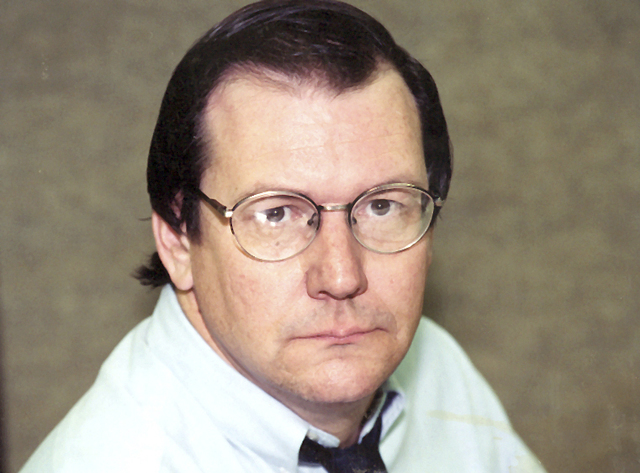
President Truman fired Gen. Douglas MacArthur as commander of U.S. forces in Korea on April 11, 1952. Truman had earlier refused requests from MacArthur to bomb China and use Nationalist Chinese forces in the war. The firing came after U.S. House Republican floor leader Joseph Martin claimed that Truman had failed to deploy an 800,000-person Formosan army in the Korean war and produced a letter from General MacArthur in support of the allegation.
Truman wasn’t a great communicator. He had listened to MacArthur in 1950 when the general assured him that China would not enter the war if the U.S. pushed north. As the Allies approached the border with China, China threw a 300,000-person force into the war, pushing Allied forces nearly off the continent. But Truman was reluctant, for political reasons, to fault MacArthur’s judgment. For some reason, he also failed to tell the public that both the U.S. Joint Chiefs and European allies opposed the use of Nationalist Chinese troops because it would reduce the priority of protecting Europe. In addition, there was this: The Nationalist Chinese “army” was mostly imaginary.
Instead, Truman told the public he was trying to prevent another world war: “We do not want to see the conflict in Korea extended. We are trying to prevent a world war—not to start one. … But you may ask, why can’t we take other steps to punish the aggressor. Why don’t we bomb Manchuria and China itself? Why don’t we assist Chinese Nationalist troops to land on the mainland of China? If we were to do these things we would be running a very grave risk of starting a general war.”
Not telling the full story made it more difficult for the country to understand Truman’s policy. As a result, all kinds of rumors flew. One of the most interesting came a week after the firing. Hearst’s New York Journal-American suggested that Secretary of State Dean Acheson and Assistant Secretary Dean Rusk had drugged President Truman and then THEY fired General MacArthur. “Maybe the State Department gave him [Truman] some kind of mental or enural anodyne…Thus a page in history—a dark, disgraceful page—was written in the midnight hours of April 11. General MacArthur was fired—no doubt about that. But did the president fire him? That is doubtful.”
I feel obliged to note here that I am not making this up. The newspaper neglected to suggest why the president, once he emerged from his drug-induced stupor, failed to reinstate the general and send Acheson and Rusk packing.
It was a lesson in the dangers of a president failing to explain himself well. In 1965, with the nation unable to understand why the United States was involved in Vietnam, the U.S. State Department issued a “white paper” explaining the reasons. It was so poorly written that many, notably journalist I.F. Stone, took it apart piece by piece. For the rest of his time in office, President Lyndon Johnson was plagued with what was then called a “credibility gap” because of his failure to explain the war.
Donald Trump’s policies seem to suffer from his inability to explain himself in more than merely war (if wars can be described as “merely”). From his trying to undo the creation of national monuments to his pursing voter fraud that (like the Nationalist Chinese army) is mostly imaginary to his preaching unity in Reno a day after he preached division in Phoenix, Trump often puzzles even his own supporters. They cast about for explanations akin to the Journal-American’s explanation of Truman.
“He is slurring his words on various times, and that’s what’s concerning,” former Trump aide Roger Stone said last month.
“Let’s be very clear: I have a source at the New York Times, a reporter who expressed to me a concern that in a conversation they had on the phone with the president that he was slurring his words,” Stone added.
His broadcast host, Alex Jones, joined in: “When I’ve had conversations with [Trump] it’s like he’s speaking like an actor. It’s so precise and so smooth, exactly. Then you hear he’s slurring his words. It’s like, ‘Whoa’.”
There are now references to this on 2,440,000 websites. Salon headlined the story, “Someone may be drugging President Trump.”
I feel obliged to note here that I am not making this up. And when a nation’s leader cannot explain himself well enough that this kind of thing finds a place in the public dialogue, none of us are well served.
Dennis Myers is an award-winning journalist who has reported on Nevada’s capital, government and politics for several decades. He has also served as Nevada’s chief deputy secretary of state.